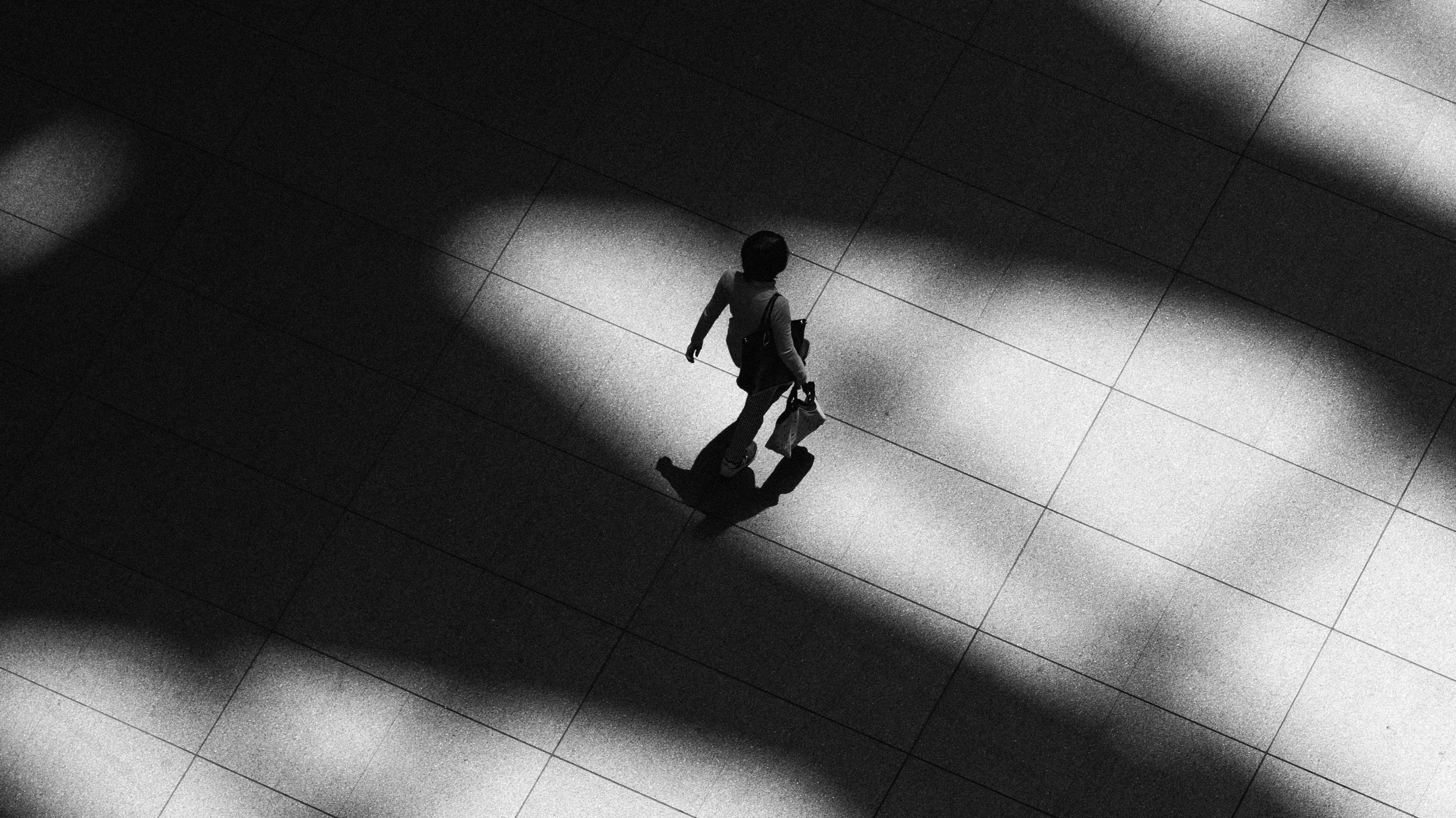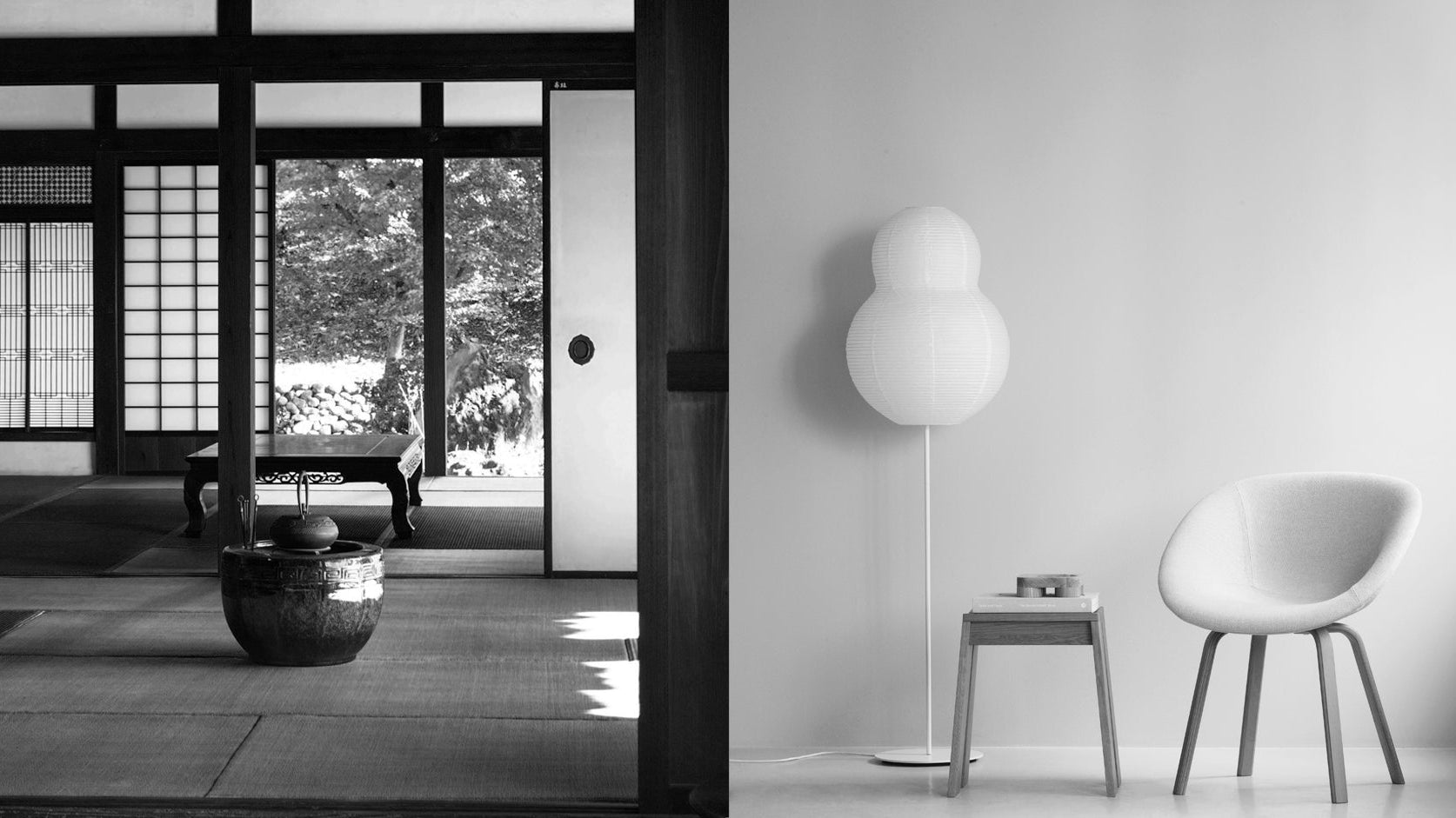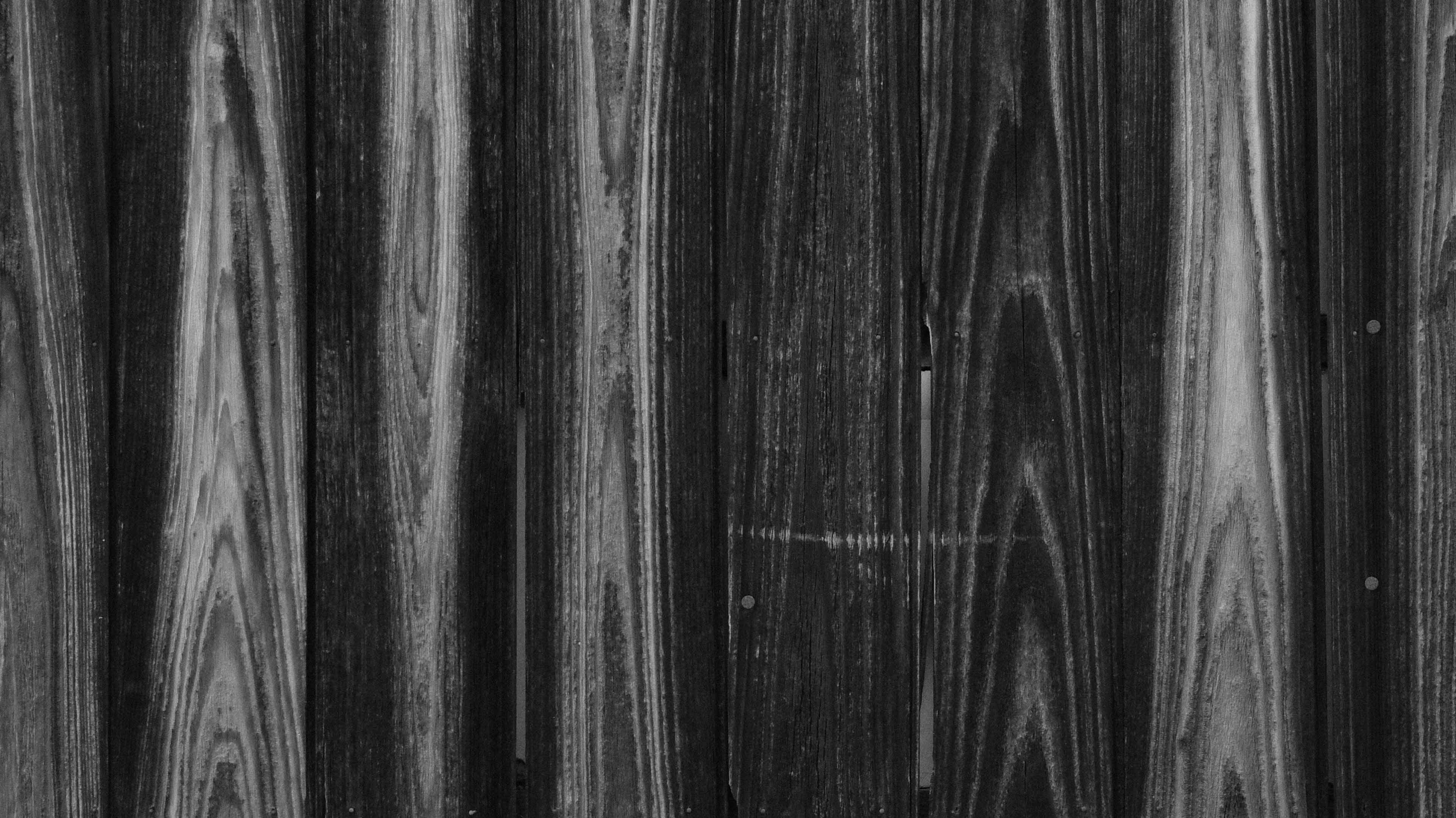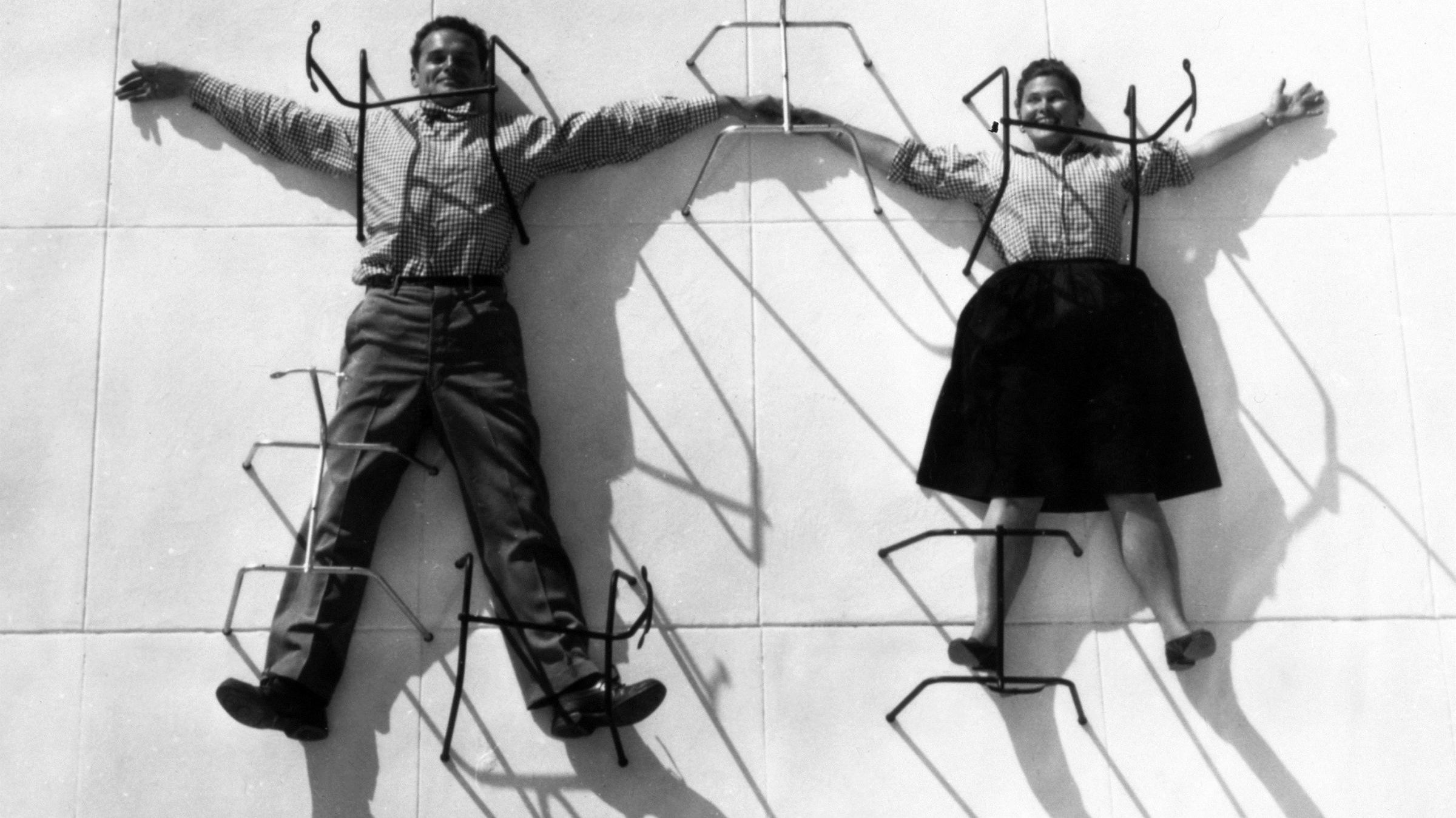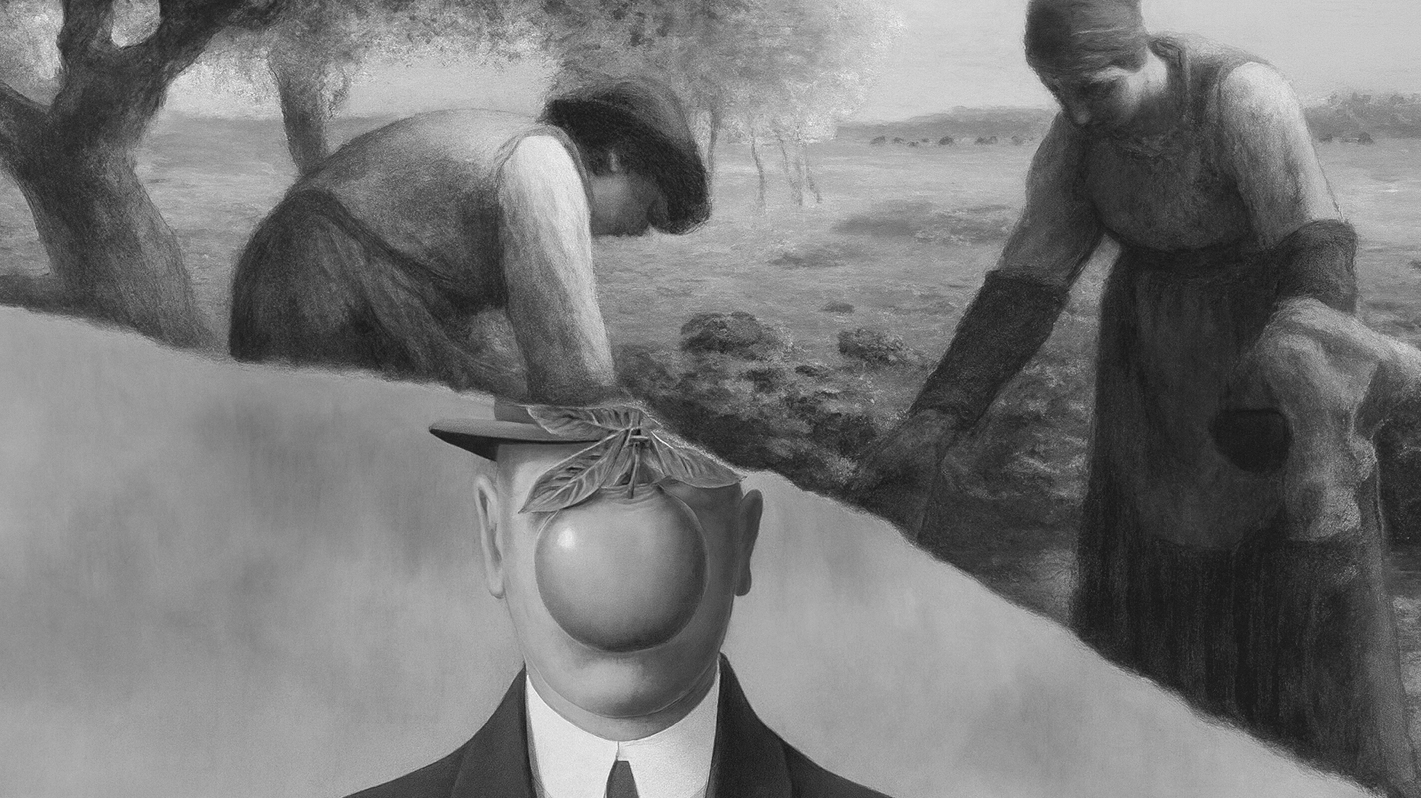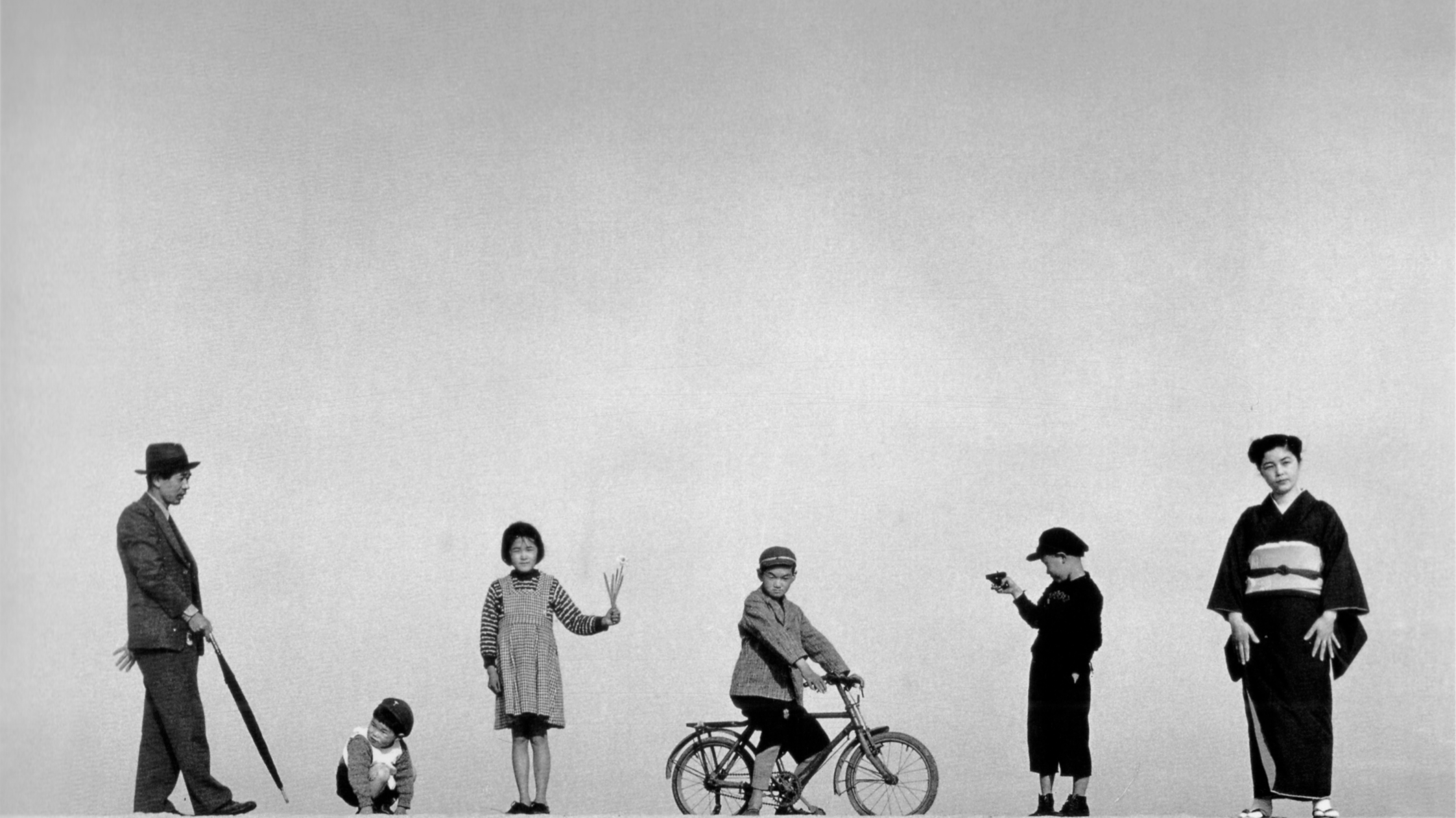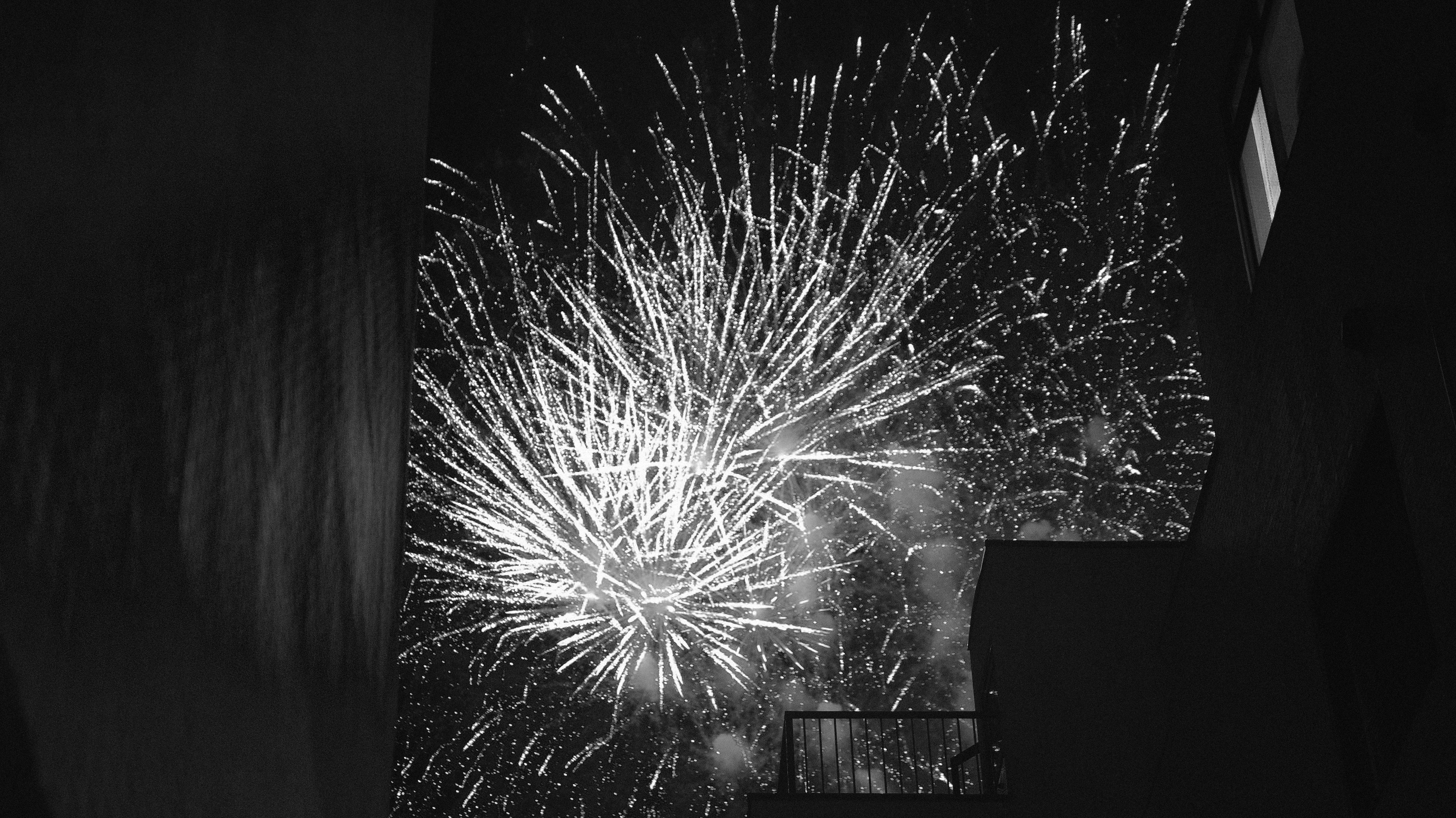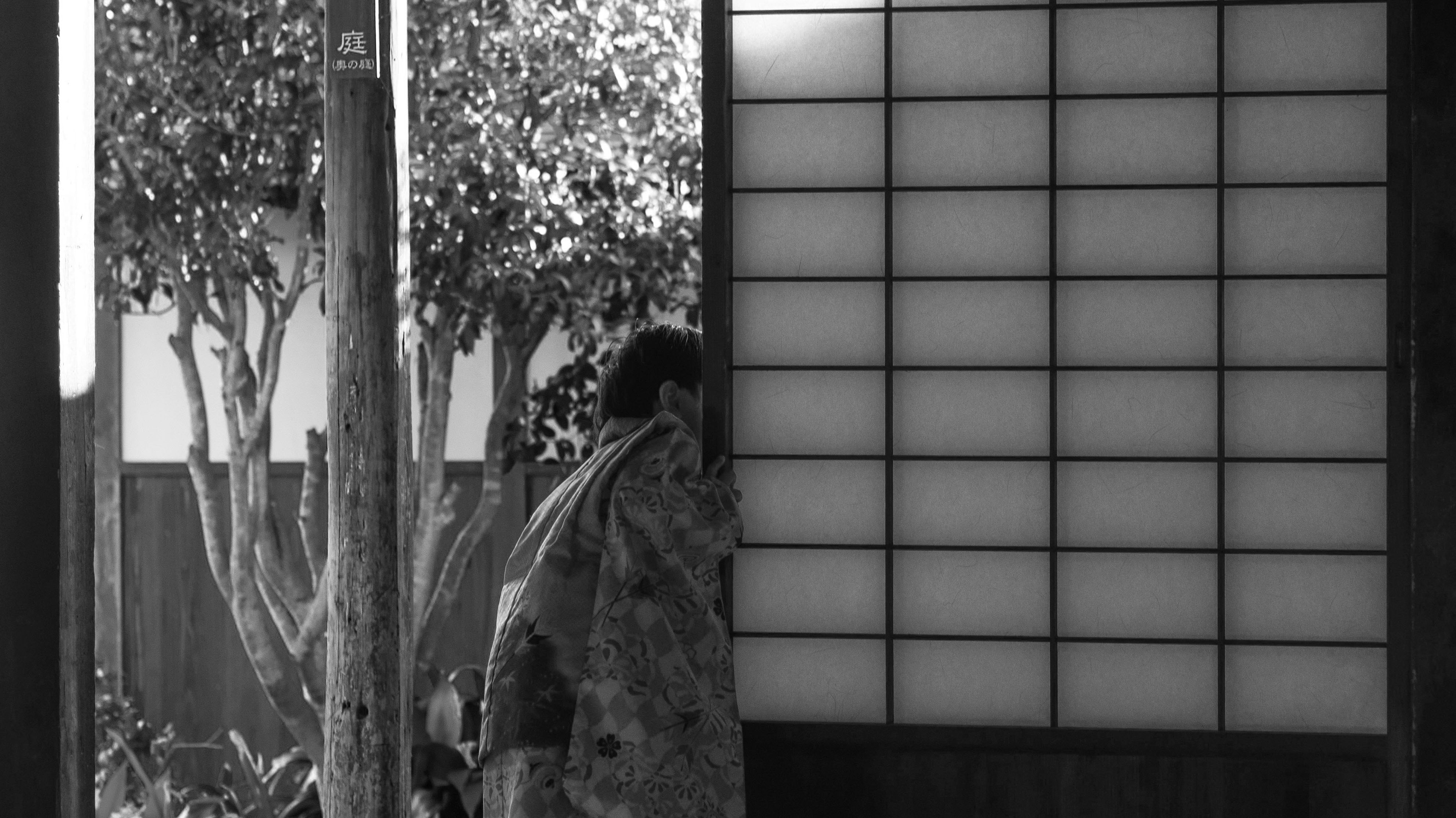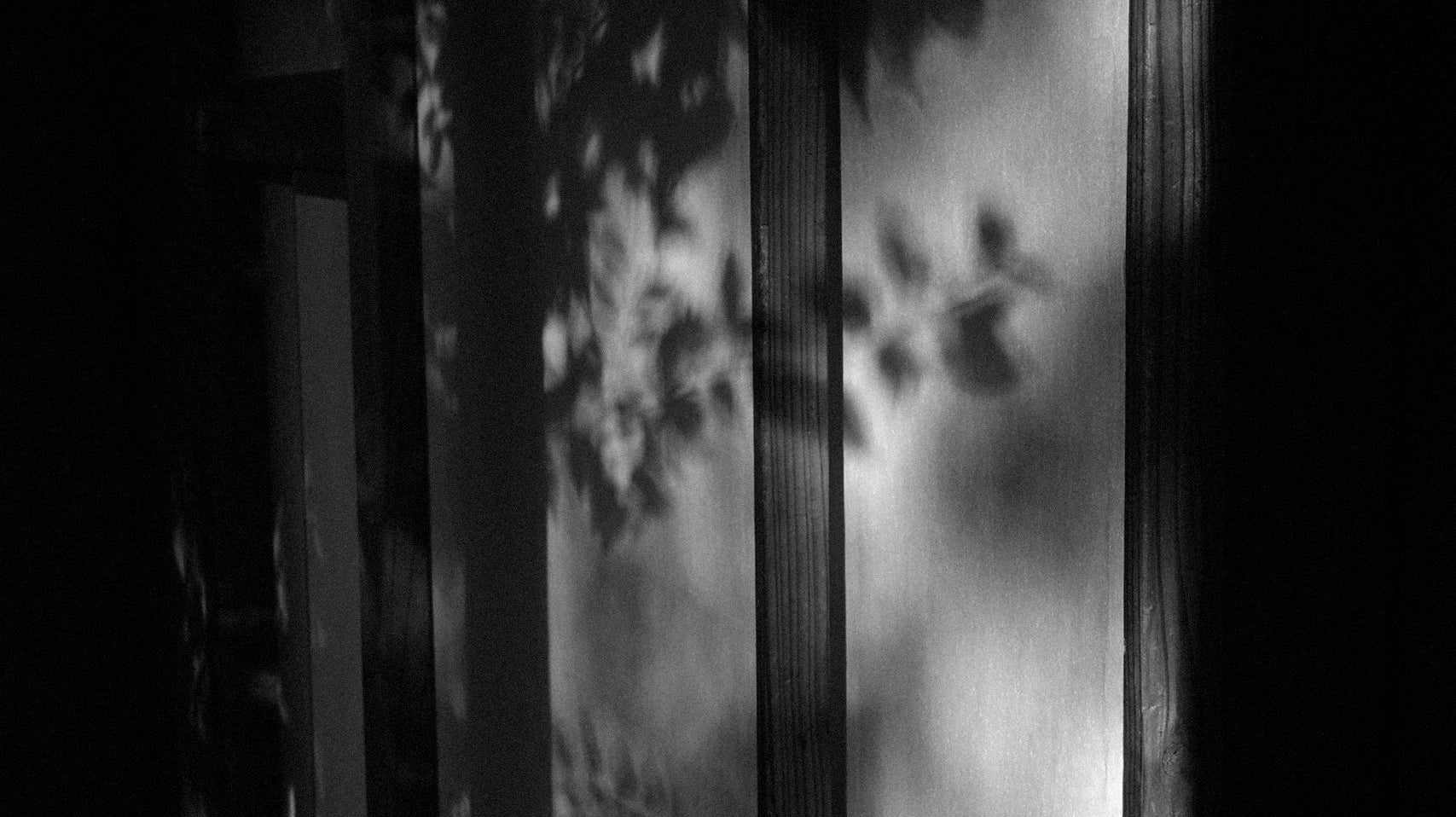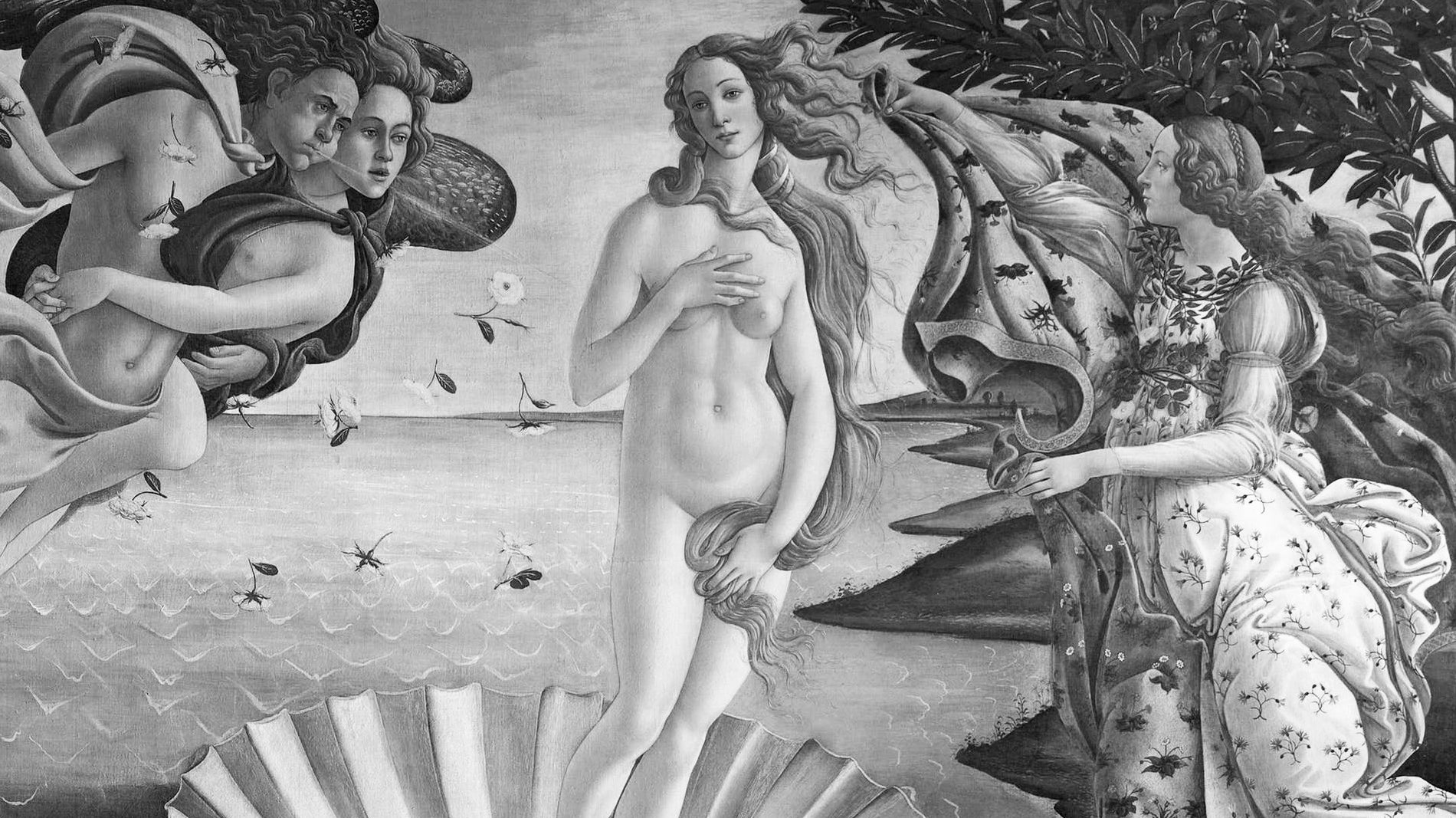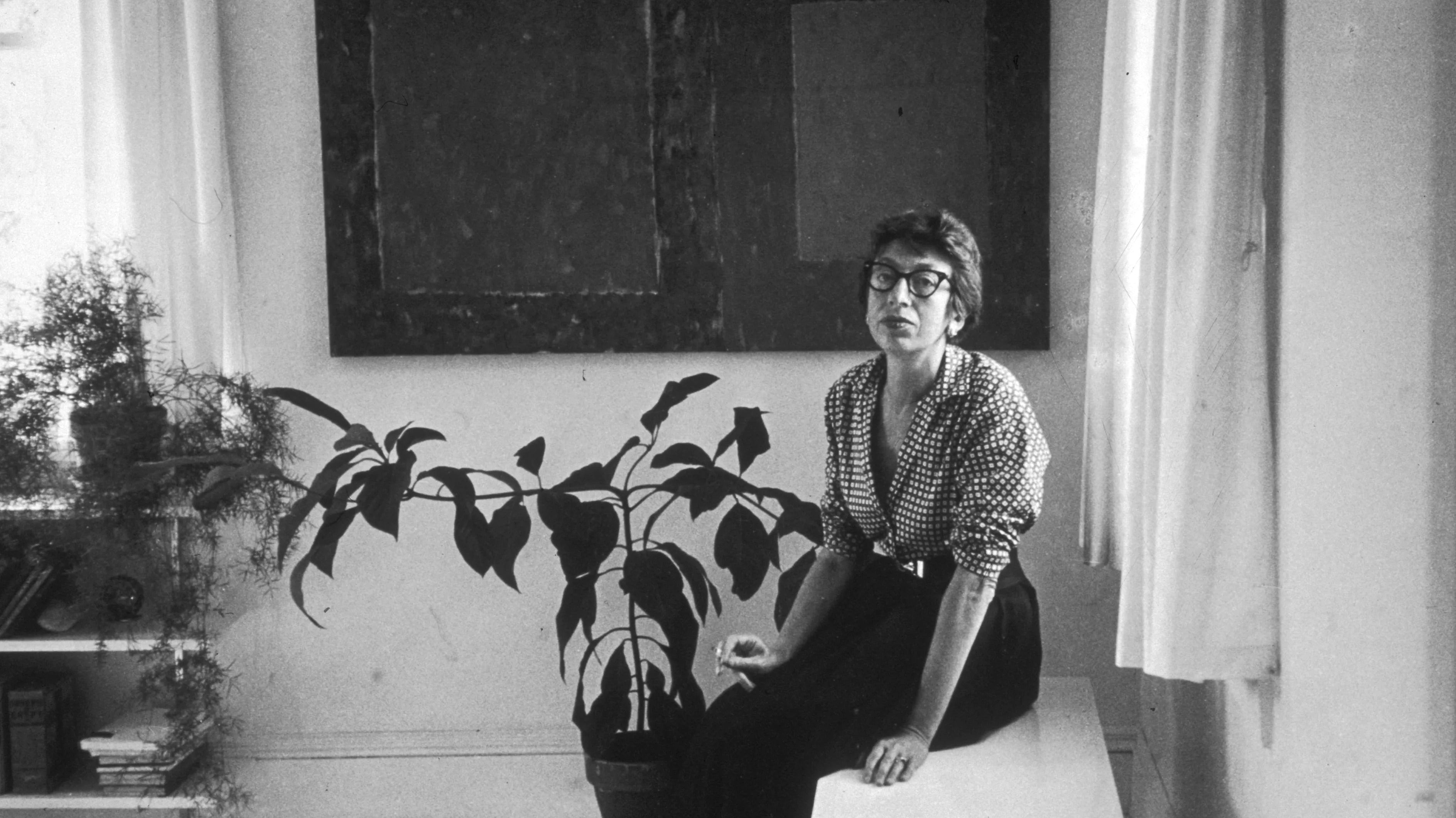Journal
How Artists Use Light in Art and Why It Changes Everything
Light is often perceived as something that merely allows the world to appear. In art, light is never secondary. It becomes a material and part of the work itself.
Why Japanese Minimalism and Scandinavian Design Feel So Different
Japanese minimalism and Scandinavian design may appear similar, yet their materials, colors, and use of space reflect very different philosophies.
The Art of Patina: How Time Makes Things Beautiful
Discover how patina, natural aging, and traditional craftsmanship reveal the quiet beauty shaped by time in Japanese and Scandinavian design.
Japanese Aesthetics of Space: Ma, Yohaku no Bi, and the Art of Subtraction
Discover how Japanese aesthetics like Kū, Ma, Yohaku no Bi, and Hikizan no Bigaku find beauty and meaning in space, emptiness, and simplicity.
How Modern Design Evolved: From Art Nouveau to Minimalism
Learn how modern design evolved through Art Nouveau, Bauhaus, Art Deco, Mid-Century Modern, and Minimalism to define our modern way of living.
Realism vs Surrealism: Key Differences and Their Lasting Influence in Art
Realism and Surrealism represent two opposite visions of art, yet together they reveal that art can be both a mirror of reality and a language of dreams.
Negative Space in Art, Design, and Photography: Definition, Meaning, and Examples
Negative space is more than empty background. In art, design, and photography, it creates balance, directs focus, and uncovers hidden meaning.
The Secret Meaning Behind Japanese Summer Colors
Japanese summer comes alive in vivid greens, indigo blues, and firefly glow. Learn the cultural meaning behind these timeless seasonal colors.
5 Hidden Principles Behind Japanese Design Aesthetics
Discover five principles of Japanese aesthetics that reveal the quiet power of design, nature, minimalism, and thoughtful philosophy.
Japanese Design and the Beauty of Shadow
Why does Japanese design value shadow? Shadow in Japanese design brings depth, subtlety, and serenity, reflecting cultural values like Wabi-Sabi and Yūgen.
6 Key Art Movements That Came Before Modern Art
Before Modern Art emerged, six key movements shaped the course of Western art history: Renaissance, Baroque, Rococo, Neoclassicism, Romanticism, and Realism.
6 Forgotten Women Artists in Art History You Should Know
In today’s article, we highlight six more female artists who helped shape art history. These overlooked women deserve to be remembered and celebrated.

